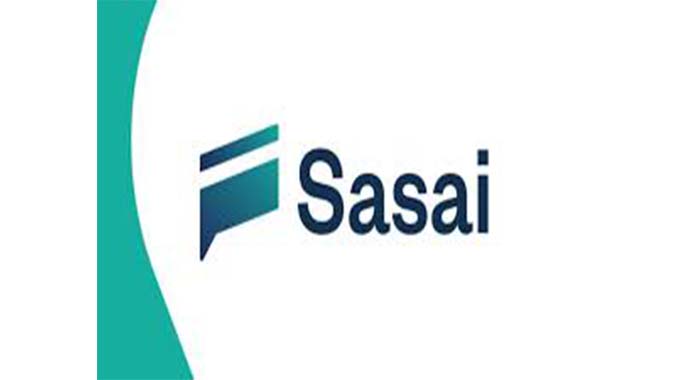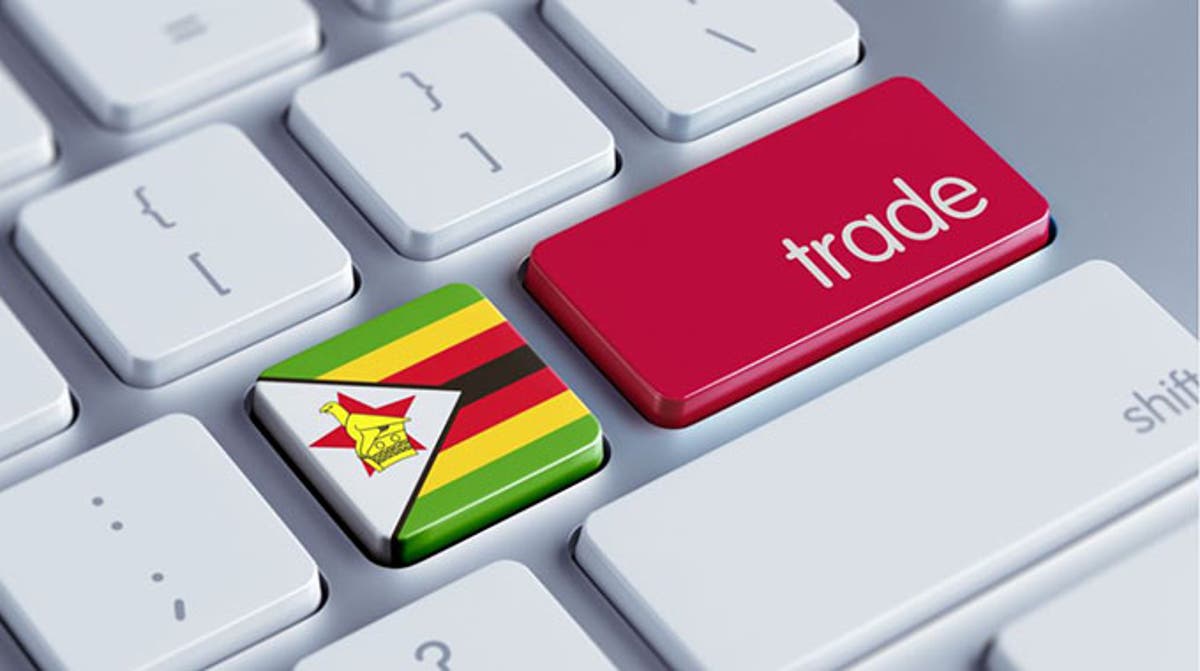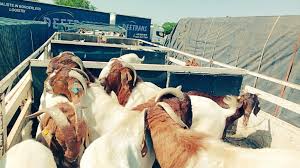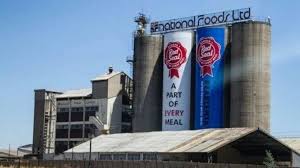Delta pricing strategy translates to revenue growth
Beverages giant, Delta Corporation, says volume growth across its operations and the replacement cost-based pricing translated into revenue growth as the business also remains cash generative.
Delta is principally an integrated beverage company with a diverse portfolio of local and international brands in lager beer, traditional beer, Coca-Cola franchised sparkling and alternative non-alcoholic beverages.
Faith Musinga, the company’s secretary in a trading update for the group’s first quarter ended June 30, 2021, said despite the growth, the operating environment remains complex and challenging.
“Group revenue grew by 55 percent for the quarter in inflation adjusted terms compared to growth of 283 percent in historical cost terms and this reflects the volume growth and the replacement cost-based pricing,” she said.
She added that whilst the Zimbabwean entities continue to generate sufficient foreign currency through domestic sales, there are concerns about increased policy risks given the frequent legislative changes.
“However, the business remains cash generative with the cash flows supporting the capital expenditure programmes and to build stock covers ahead of the coming peak season,” said Musinga.
During the period under review, Delta said the Zimbabwean economy is witnessing a resurgence of inflation driven by an unstable exchange rate and various interventions which give rise to more frequent ZW$ price increases.
In addition to that, consumer spending remains high reflecting faster velocity of the local currency and spurred by increased mining activity, infrastructure projects, marketing of commercial crops and payments of wages and salaries in foreign currency.
“Demand is, however, being constrained by the low disposable income in certain consumer groups,” Musinga said.
In South African where the group also has operations, the economy is recovering, benefitting from the removal of Covid-19 lockdown restrictions although disposable incomes are impacted by increases in fuel prices.
In Zambia, the consumer demand remains constrained although the economy show signs of recovery as evidenced by a stable exchange rate and declining inflation.
In terms of volume performance, the lager beer volume grew by 19 percent for the quarter compared to prior year with the recovery underpinned by improved supply of brands and packs which has benefitted from the injection of returnable glass.
“There are intermittent supply gaps arising from the limited packaging capacity ahead of the installation of a new plant in early 2023,” Musinga said.
She added that the recently launched Sable lager has brought excitement to the market given its smooth taste and easy drinking credentials.
The Sorghum beer volume in Zimbabwe grew by 14 percent for the quarter compared to the previous year, driven by the standard Chibuku (Scud) product.
Musinga said the category continues to benefit from the increased social activities as the group celebrates the Chibuku brand’s 60th anniversary.
“Chibuku Super is constrained by the limited production capacity. A new Chibuku Super plant is being installed at Harare brewery for commissioning in early 2023,” she said.
She added that there is renewed focus on expanding the consumer choice and the Chibuku Super Banana flavour was launched in June 2022 and is exciting the market.
During the period under review, volume at Natbrew Zambia remained under pressure, declining nine percent for quarter, in the aftermath of the price increases implemented in January 2022 in response to the hike in excise duty.
She said there are signs of recovery, which will be assisted by the broadening of the product offering, revamping of the route to market and exports of Chibuku Super into the region.
At United National Breweries South Africa, volume grew 13 percent for the quarter despite the setbacks from the adverse weather in some markets.
Musinga said progress is being made in accessing additional market channels, new products and pack innovations and winning consumers from home brews.
Sparkling Beverages volume grew by 32 percent for the quarter and continues to recover market share.
Musinga said the category has benefitted from consistent product supply and an expanded pack and flavour offering. However, the category is affected by currency related pricing distortions.
“The supply of PET packs remains constrained and will be addressed by the investment in additional capacity, expected by the end of the calendar year.
“The range of no sugar variants has been expanded to include Coke, Fanta, Sprite and Sparletta Ginger beer brands,” she said.
The volume at African Distillers Limited (Afdis) grew by 18 percent for the quarter. Musinga said the supply of ciders has since stabilised, after the outage of glass bottles in the last quarter and the business continues to benefit from the local production of some key brands.
At associate entities, Schweppes Holdings Africa recorded a volume growth of nine percent for the quarter, which was constrained by a shortage of fruit juices for the flagship Mazoe Orange Crush.
Musinga said that the local supply of fruit juices has resumed as the harvesting season commenced in June 2022.
Nampak Zimbabwe continues to benefit from the recovery in the beverages and edible oils sectors with overall volume growing by 16 percent in the quarter. However, there remain some challenges in accessing foreign currency.-ebusinessweekly










